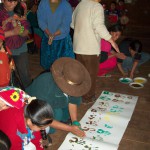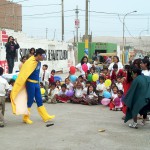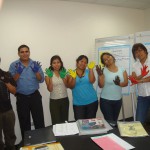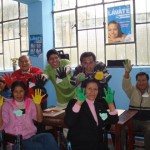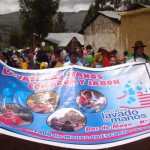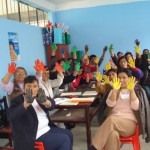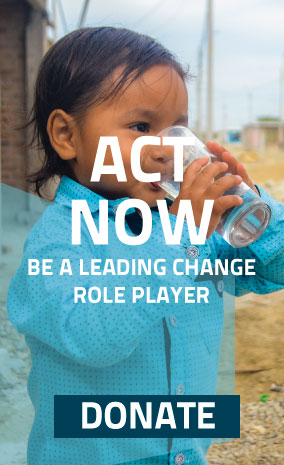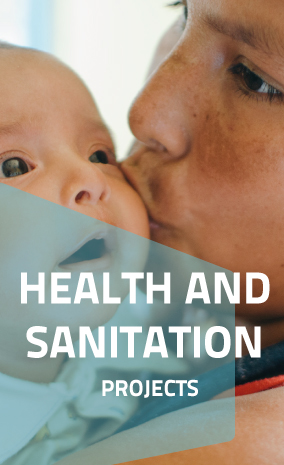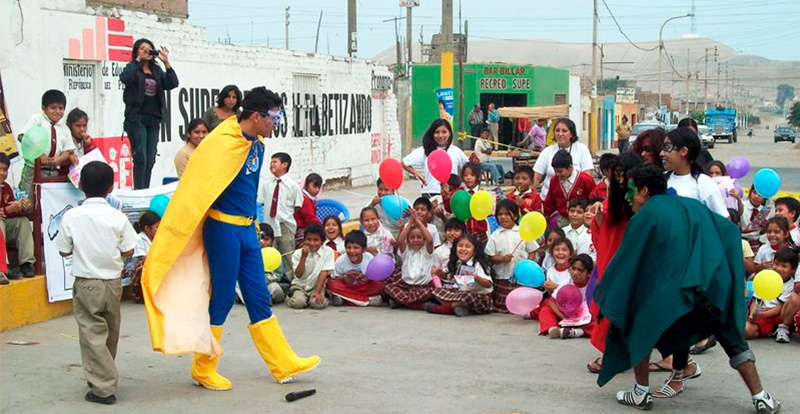
Abstract:
This second phase of the Handwashing Initiative extends its coverage, giving priority to rural and marginal urban areas for the Handwashing Program at school and in the community, which were the places defined for the implementation of activities in the context of research performed throughout the project.
Following a local diagnosis, a training process was set in motion, to teach the methodology of the handwashing project in two stages: the first designed for zonal facilitators to create conditions of sustainability, standardization of processes and methodology; and the second for social agents working directly with the target population.
These activities complemented the mobilization of the community, use of mass media and BTL; making use of local resources and media, with the participation of authorities, facilitators, and social agents, as well as university student volunteers.
This second phase focused on seeking sustainability by forming project committees at the district or province level, besides the approval of ordinances that institutionalized the initiative, some of which were included in the framework of the national “Crecer” [“Grow”] strategy.
Objective: To commit the school community and the district to the behavior change process to facilitate the adoption of the practice of washing hands with soap and water at risky times, where authorities, leaders, community agents, health professionals, teachers, students, and parents become agents of change and lead the process.
Source of funding: Gates Foundation / World Bank – PAS
Project area:
- Phase One: 10 regions of Peru: Tumbes, Piura, Cajamarca, Amazonas, Lambayeque, (Area 1) La Libertad, Ancash, Huánuco, Lima, and Junín (Area 2).
- Phase Two: 12 provinces and 58 districts of 5 regions: La Libertad, Ancash, Huánuco, Junín, and Lima (Area 2).
Duration:
- Phase One: 9 months (October 2008 – June 2009)
- Phase Two: 11 months (February 2010 – December 2010).

